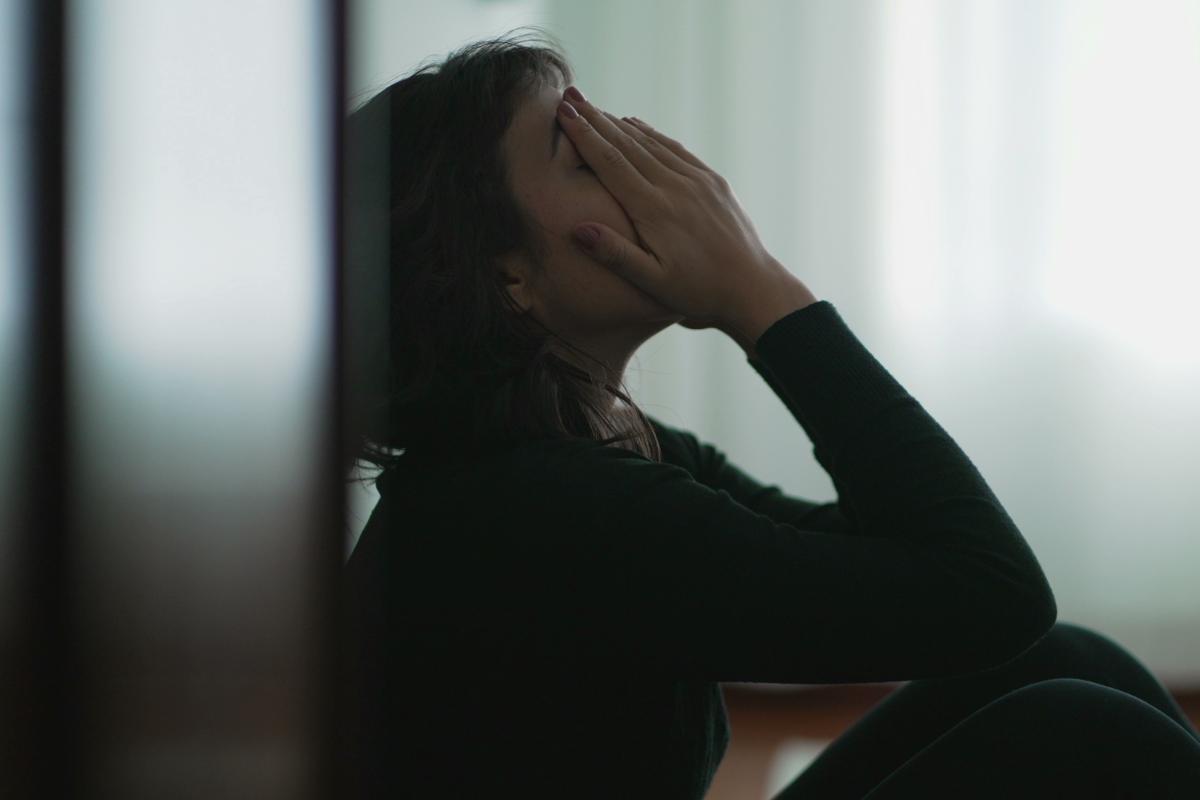When it comes to addiction treatment, it’s important to understand the different types of drugs and their effects on the body. Many wonder if Klonopin, a commonly prescribed benzodiazepine, is an opioid. Is Klonopin an opioid? The short answer is no, but it is a potent drug that can lead to addiction and dependence.
It’s important to seek help from a reputable addiction treatment center such as BrightView if you or someone you know struggles with addiction to Klonopin or another benzodiazepine. Our individualized treatment approach and commitment to accessibility and inclusivity ensure that every patient receives the care and support they need to achieve lasting recovery.
Don’t suffer in silence. Contact us today at 888.501.9865 to begin drug addiction treatment and take the first step toward a brighter future.
Is Klonopin an Opioid?
Klonopin, or clonazepam, is a benzodiazepine medication commonly used to treat anxiety, panic disorders, and seizures. While Klonopin is not an opioid, it does have the potential for abuse and addiction.
Opioids are a class of drugs that include prescription painkillers like oxycodone, hydrocodone, and fentanyl, as well as illegal drugs like heroin. Opioids bind to opioid receptors in the brain, which can induce feelings of euphoria and pain relief.
Klonopin is not an opioid. Benzodiazepines like Klonopin enhance the neurotransmitter GABA’s effects, calming the brain and reducing anxiety. While Klonopin does not directly affect opioid receptors, it can still have similar effects as opioids when taken in large doses or combined with other depressants like alcohol.
What to Know About Klonopin Abuse and Addiction
Like opioids, Klonopin has the potential for abuse and addiction. Individuals taking Klonopin for non-medical purposes or in larger doses than prescribed may experience euphoria and relaxation. However, as tolerance builds, individuals may require higher doses to achieve the same effects, increasing the risk of overdose.
Signs of Klonopin abuse may include:
- Taking larger doses than prescribed
- Taking Klonopin more frequently than prescribed
- Using Klonopin without a prescription
- Crushing and snorting Klonopin tablets
- Combining Klonopin with other drugs or alcohol
Signs of Klonopin addiction may include:
- Continued use despite negative consequences
- Spending a lot of time and effort obtaining Klonopin
- Withdrawal symptoms when attempting to quit
- Loss of interest in activities once enjoyed
- Tolerance and increased dosages
- Neglecting responsibilities in favor of drug use
If you notice any of these signs, seeking help is essential. Drug addiction treatment can help you or a loved one overcome Klonopin addiction and achieve lasting recovery.
How Can BrightView Help?
BrightView offers outpatient treatment for substance use disorders, including addiction to Klonopin and other benzodiazepines. Our individualized treatment plans incorporate medication assisted treatment (MAT), counseling and therapy, and peer recovery support to help patients achieve long-term recovery and wellness.
At BrightView, we understand that addiction is a chronic disease that requires ongoing care and support. Our experienced medical and behavioral health teams work together to provide compassionate and evidence-based treatment that addresses the root causes of addiction.
If you or someone you know struggles with Klonopin addiction or another substance use disorder, don’t hesitate to contact BrightView. Our team is available 24/7 to answer your questions and provide support.
Turn to BrightView for Drug Addiction Treatment
While Klonopin is not an opioid, it does have the potential for abuse and addiction. If you or someone you know is struggling with Klonopin or other substance use disorders, contact BrightView for help. Our individualized treatment plans and supportive team can help you achieve lasting sobriety.
Don’t wait to get the help you need and deserve. Call 888.501.9865 or complete our online form to take the first step toward a healthier, happier life.
